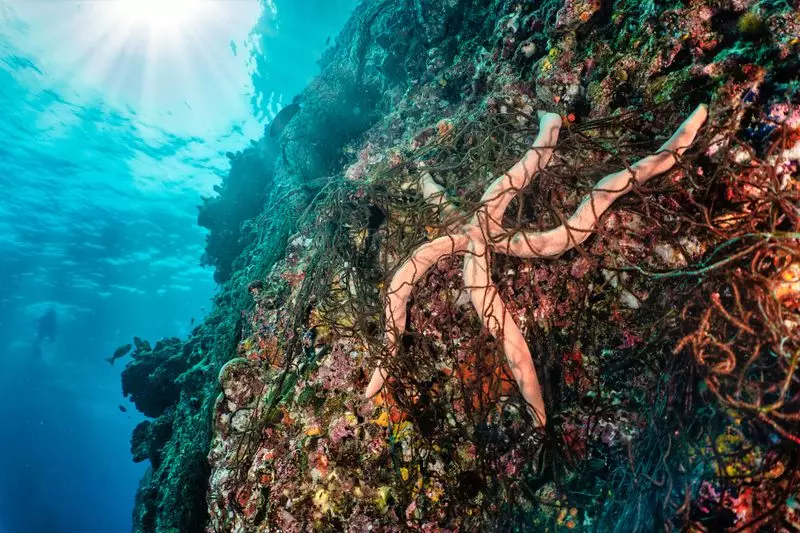
In the crystal-clear waters of the Aegean Sea, a silent ecological crisis has been unfolding beneath the waves. Abandoned fishing nets, known as "ghost nets," continue their deadly work long after fishermen have lost them, entangling and killing marine creatures for decades.
The Underwater Executioners
These derelict fishing gears are anything but harmless. Made from incredibly durable synthetic materials, ghost nets can persist in marine environments for up to 600 years, creating what conservationists call "walls of death" that trap everything from small fish to endangered sea turtles and dolphins.
Greek Divers Take Action
A dedicated team of volunteer divers has taken up the challenge, conducting extensive cleanup operations across popular diving sites in Greece. Their mission: to locate and remove these underwater death traps before they claim more marine victims.
The scale of the problem is staggering:
- Ghost fishing gear accounts for approximately 10% of all marine litter
- These nets can continue catching fish and other marine animals for years
- They damage sensitive marine habitats like coral reefs and seagrass beds
- The problem affects both biodiversity and local fishing communities
Why Ghost Nets Are So Deadly
What makes ghost nets particularly dangerous is their design efficiency turned against nature. These nets were created to catch marine life effectively, and they continue doing exactly that - indiscriminately and endlessly. As trapped animals decompose, they attract new victims, creating a vicious cycle of death.
A Race Against Time
The Greek diving initiative represents a crucial front in the battle against marine pollution. Each recovered net saves countless marine lives and helps preserve the Mediterranean's rich biodiversity. However, volunteers emphasize that prevention is equally important, advocating for better fishing practices and gear-tracking technologies.
As one diver noted, "Every net we remove is a victory, but the real solution lies in stopping these nets from being lost in the first place."





